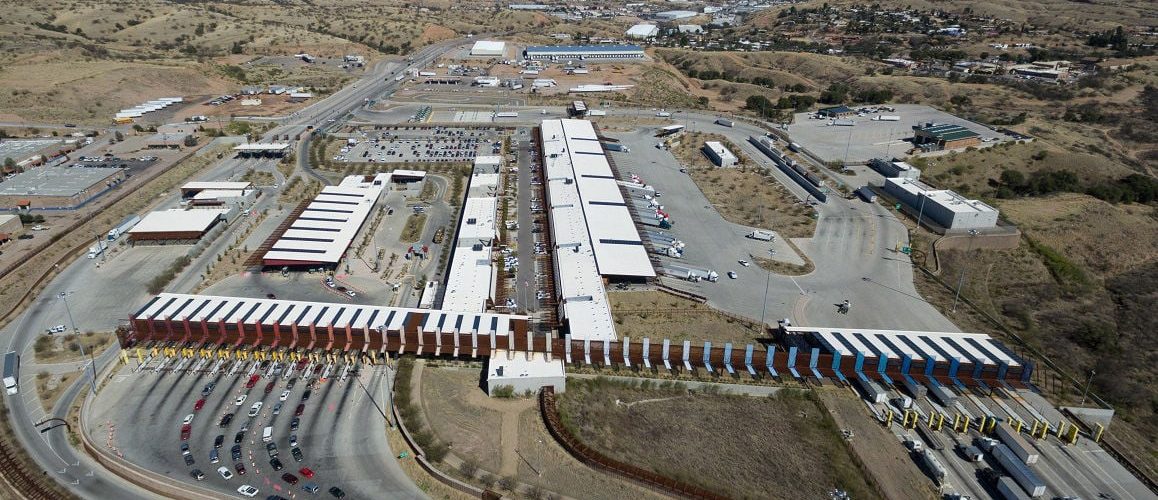Arizona’s vibrant culture, beautiful natural wonders, and incredible attractions have made the state a go-to destination for national and international visitors. In fact, despite the disruptions to travel caused by the pandemic, visitors to Arizona were responsible for more than $23 billion in direct spending and nearly $3.5 billion in tax revenue in 2021.
While we welcome visitors to our great state with open arms, we must also be vigilant about maintaining the safety and security of our guests and residents.
The Arizona Lodging and Tourism Association has been actively engaged in public education efforts to combat dangerous crimes such as human trafficking and illicit trade for many years. Unfortunately, these are large scale and sophisticated crimes that cannot be addressed overnight and require a robust response from local, state, federal and community leaders.

We are fortunate to have numerous partners in Arizona and nationally who provide data, best practices, and resources on these evolving crimes and who advise the hospitality industry on strategies to ensure our hoteliers don’t unwittingly become party to trafficking operations. The AZLTA has placed an elevated level of importance on training our industry employees on signs of human trafficking, involving everyone from our front of house staff to our house cleaners and in between. A comprehensive and collaborative response is needed to make a real impact.
Human trafficking is modern-day slavery. Stopping it will take every one of us, which is why our association is attending a national convening in Washington, D.C. hosted by United to Safeguard Against Illegal Trade (USA-IT) to discuss the scourge of illegal trade, human trafficking, and other forms of organized crime. Having this national dialogue between law enforcement and industry partners is essential to building the local and national strategy to stamp out these dangerous crimes.
Criminal trafficking networks are present in every state, but Arizona’s proximity to an international border makes dismantling illegal trade here even more difficult, requiring coordination between agencies across borders and between governments.
We continue to work closely with the Arizona Attorney General’s Office, the McCain Institute, our partners at the American Hotel and Lodging Association, various law enforcement officials, as well as our elected officials. By working with these various groups, we believe we can assemble the broadest possible coalition to combat the practice as well as educate our members on the most up-to-date resources available to them.
As we approach the Super Bowl in February, our organization is working to educate our members across the tourism and hospitality sector about human trafficking and how commonplace a crime it is. The better we educate the public about what to watch out for, the more likely the criminals will think twice before bringing their enterprise here.
In the coming weeks, in conjunction with the Arizona Human Trafficking Council, an Arizona-specific tip line phone number will be rolled out. We will be working to get posters in the hands of our members that they can place in their breakrooms and throughout their properties. Callers won’t be re-routed to an agency out of state – hotline staffers can act right away to contact the necessary law enforcement officials and proper jurisdictions.
Please join us in this effort to educate our community about human trafficking. To learn more visit USA-IT and The Governor’s Office of Youth, Faith and Family.
Kim Sabow is the president and CEO of the Arizona Lodging and Tourism Association
















Add comment